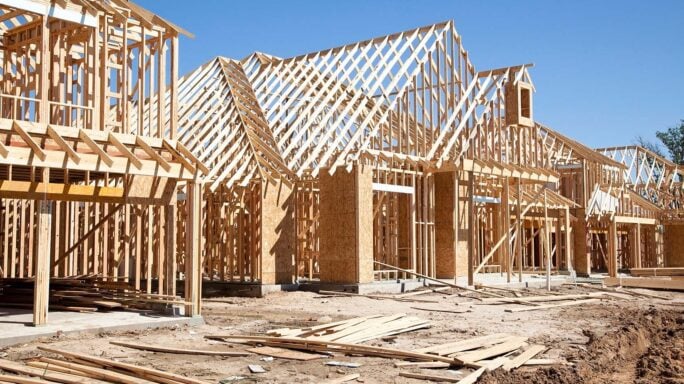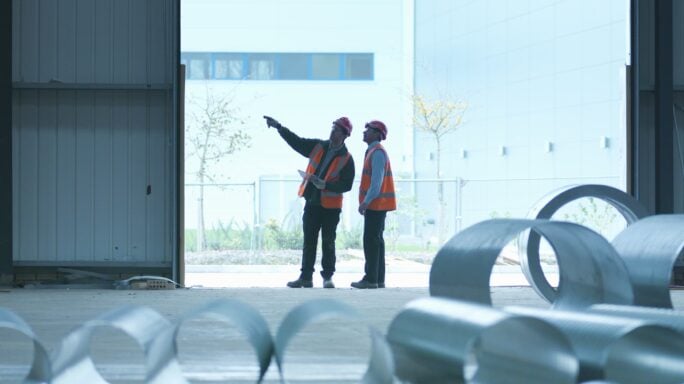Strategy, Legal & Operations
Work quality: What you may be missing

Reputable subcontractors stand by the quality of their work. They look for the best craft workers, invest in training, and put quality assurance measures in place. That said, subcontractors also need to pay attention to the quality requirements stipulated in any subcontract they are prepared to sign.
Defining quality
Many times, contract documents do not specify brands or makes and models of the material to be used on a project. However, this doesn’t mean that the owner and general contractor aren’t expecting first-class working equipment, material, and labor. To assure this happens, a common provision used in many subcontracts defines the quality of work. Here is an example:
Subcontractor shall at all times provide first quality, new materials (unless otherwise specified in the contract documents) and workmanship conforming to this subcontract and the contract documents requirements and be in accordance with the best standards of the construction industry where the project is located. The subcontractor shall, if required, furnish satisfactory evidence as to kind and quality of all materials and equipment.”
The use of the word “best” is important. If a dispute arises concerning a subcontractor’s work, it becomes a matter of interpretation as to whether the work fulfills this “best” requirement. So, if you are a subcontractor, you need to watch for words like “best quality” and “highest level” in your contracts. If possible, replace them with more objective language such as “reasonable and customary quality.” This will provide more legal ground to resist the imposition of an otherwise subjective interpretation.
Taking responsibility for another’s work
Another area ripe for dispute is where someone’s work intersects with another’s. Many subcontracts contain provisions which either imply or directly state that proceeding with work assumes other intersecting work is acceptable. For example, when a stucco contractor proceeds to apply the stucco, it is assumed there are no defects underneath his or her work. Here is a sample of this type of provision:
Subcontractor shall use all necessary means to discover and to notify contractor in writing of any defect in any part of the project upon which the satisfactory performance of the work may depend, and to allow a reasonable amount of time for remedying such defects.
If subcontractor should proceed with the work, the subcontractor shall be considered to have accepted and be responsible for such condition and consequences therefore unless the subcontractor have been directed by a contractor in writing to proceed over subcontractor’s written objection to contractor.
As this provision also indicates, the best way to address any concerns related to the soundness and integrity of work that could intersect or impact your work is to make a claim in writing. Whatever the problem, it should be timely raised with the general contractor to determine how to proceed.
Of course, no one should be held liable for quality issues outside of one’s control. To further protect such rights, a subcontractor should add to the contract that it “disclaims responsibility for conditions which are hidden or otherwise not reasonably discoverable.”
Conclusion
When it comes to quality, the focus should be on both your performance as well as the owner’s and general contractor’s expectations.








Ask the author a question or share your advice